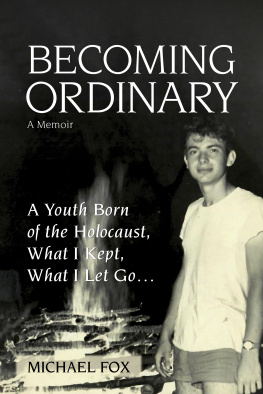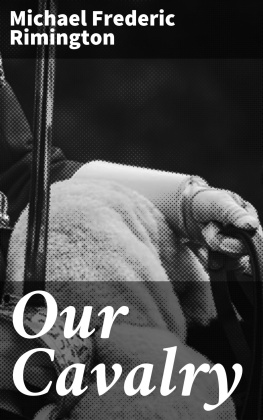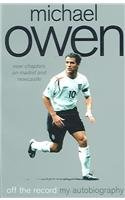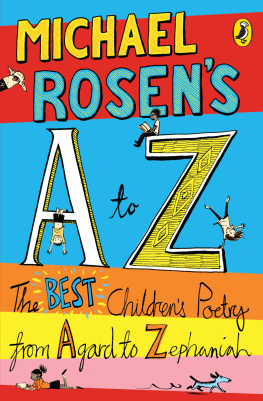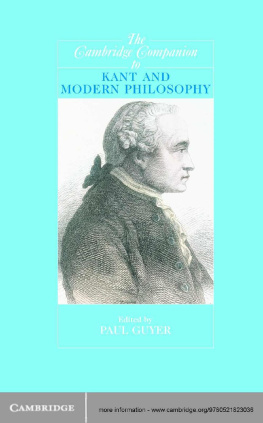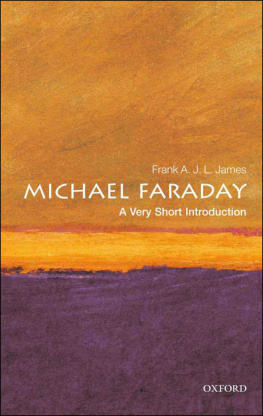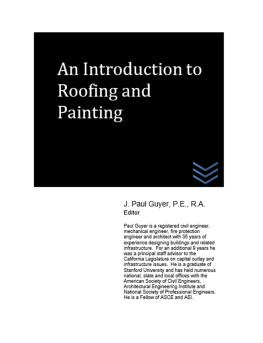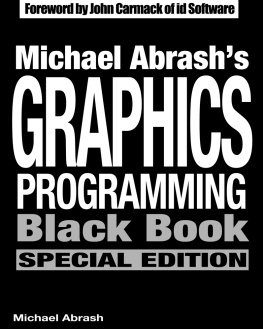BEING WELL-BORN
BEING WELL-BORN
AN INTRODUCTION TO EUGENICS
By
MICHAEL F. GUYER, Ph. D.
Professor of Zoology, The University of Wisconsin
Childhood and Youth Series
Edited by M. V. OSHEA
Professor of Education, The University of Wisconsin
INDIANAPOLIS
THE BOBBS-MERRILL COMPANY
PUBLISHERS
Copyright 1916
The Bobbs-Merrill Company
PRESS OF
BRAUNWORTH & CO.
BOOKBINDERS AND PRINTERS
BROOKLYN, N. Y.
TO MY WIFE
HELEN M. GUYER
EDITORS INTRODUCTION
The writer recalls that when he was a young boy, he heard the grown-up people in the community earnestly and incessantly debating the question: Does heredity play a greater part in shaping ones mind and body than does his environment? From that day to this he has listened to men and women in every walk of life discussing the relation of heredity to environment in determining human traits. Teachers and parents are constantly asking: Are such and such characteristics in my children due to their inheritance or to the way they have been trained? Students of juvenile delinquency and of mental defect and deficiency are searching everywhere for light on this matter. It is not to be wondered at that practically all people are peculiarly interested in this problem, since it concerns intimately ones personal traits, and it constantly confronts any one who is responsible for the care and culture of the young.
It is suggestive to note how people differ in their views regarding the extent to which a childs physical and mental qualities and capacities are fixed definitely by his inheritance. The writer has often heard students in university classes discuss the subject; and their handling of the problem has shown how superficially and even superstitiously most persons regard the mechanism and functions of heredity. It is significant also to observe what extreme views many people hold regarding the possibility of affecting a childs traits and abilities by subjecting him to specific influences during his prenatal life. In any group of one hundred persons chosen at random, probably seventy-five will believe in specific prenatal influence. Many of them will believe in birthmarks due to peculiar experiences of the mother. A popular book recently published asserts among other things that if a mother will look upon beautiful pictures and listen to good music during the prenatal period of her child, the latter will possess esthetic traits and interests in high degree. On the other hand, people generally do not seem to think that degenerate parents beget only degenerate children. Alcoholics, feeble-minded persons and the like are permitted to bring children into the world.
Very few people have any precise knowledge of the mechanism of heredity. The whole thing is inscrutable to them, and is shrouded in mystery. Superstition flourishes among even intelligent persons in respect to heredity, and errors due to education, and tragedies resulting from vicious social organization are all alike ascribed to its uncontrollable forces. Most people are none the wiser because they do not know to what extent the physical and mental defects and deviations of individuals are due to inheritance or to the malign influences of the individuals environment and training.
Professor Guyer, who has studied the whole problem in a thoroughgoing, scientific way, has prepared this book with a view to illuminating some of the mysteries that surround the subject of heredity, and to dispelling the illusions that persist regarding it. He shows the method which nature follows in the development of the individual. He presents the laws which have become established respecting the extent to which and the manner in which immediate and remote ancestors contribute to the childs physical and mental organism. He answers many questions which those who are engaged in social work or in education in the home or the school are asking to-day. He discusses subjects upon which every serious-minded person wishes to be informed. He has thus made a book which is both of theoretical and of practical interest.
He has written in a style which should make his book attractive to the parent and the teacher as well as to the student of the complicated mechanism of inheritance. Only a few special terms are used, and these should not give any reader trouble, because the treatment throughout is so concrete that the meaning of the terms will be easily grasped. Further, the book is illustrated, with many attractive and instructive illustrations which will show at a glance the working of the principles of inheritance which are developed in the text.
This book may be heartily commended to all who are interested in questions of human nature, education and social reform. It should enable the parent, the teacher and the legislator to understand more clearly than most of them now do in how far childrens traits and possibilities are or can be fixed by inheritance as contrasted with environmental conditions and nurture in home, school, church and institutional life.
M. V. OShea.
Madison, Wisconsin.
PREFACE
One of the most significant processes at work in society to-day is the awakening of the civilized world to the rights of the child; and it is coming to be realized that its right of rights is that of being well-born. Any series of publications, therefore, dealing primarily with the problems of child nature may very fittingly be initiated by a discussion of the factor of well-nigh supreme importance in determining this nature, heredity.
No principles have more direct bearing on the welfare of man than those of heredity, and yet on scarcely any subject does as wide-spread ignorance prevail. This is due in part to the complexity of the subject, but more to the fact that in the past no clear-cut methods of attacking the manifold problems involved had been devised. Happily this difficulty has at least in part been overcome.
It is no exaggeration to say that during the last fifteen years we have made more progress in measuring the extent of inheritance and in determining its elemental factors than in all previous time. Instead of dealing wholly now with vague general impressions and speculations, certain definite principles of genetic transmission have been disclosed. And since it is becoming more and more apparent that these hold for man as well as for plants and animals in general, we can no longer ignore the social responsibilities which the new facts thrust upon us.
Since what a child becomes is determined so largely by its inborn capacities it is of the greatest importance that teachers and parents realize something of the nature of such aptitudes before they begin to awaken them. For education consists in large measure in applying the stimuli necessary to set going these potentialities and of affording opportunity for their expression. Of the good propensities, some will require merely the start, others will need to be fostered and coaxed into permanence through the stereotyping effects of proper habits; of the dangerous or bad, some must be kept dormant by preventing improper stimulation, others repressed by the cultivation of inhibitive tendencies, and yet others smothered or excluded by filling their place with desirable traits before they themselves come into expression.
We must see clearly, furthermore, that even the best of pedagogy and parental training has obvious limits. Once grasp the truth that a childs fate in life is frequently decided long before birth, and that no amount of food or hospital service or culture or tears will ever wholly make good the deficiencies of bad blood, or in the language of the biologist, a faulty germ-plasm, and the conviction must surely be borne home to the intelligent members of society that one thing of superlative importance in life is the making of a wise choice of a marriage mate on the one hand, and the prevention of parenthood to the obviously unfit on the other.




